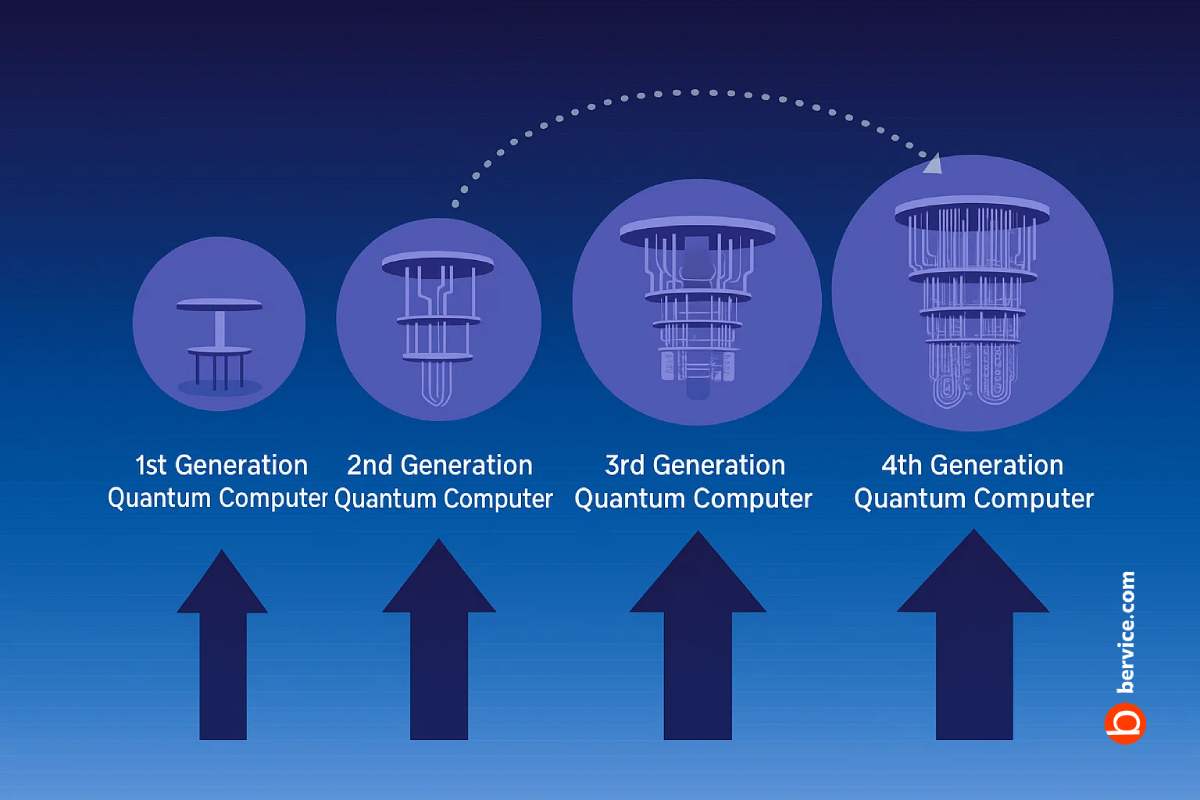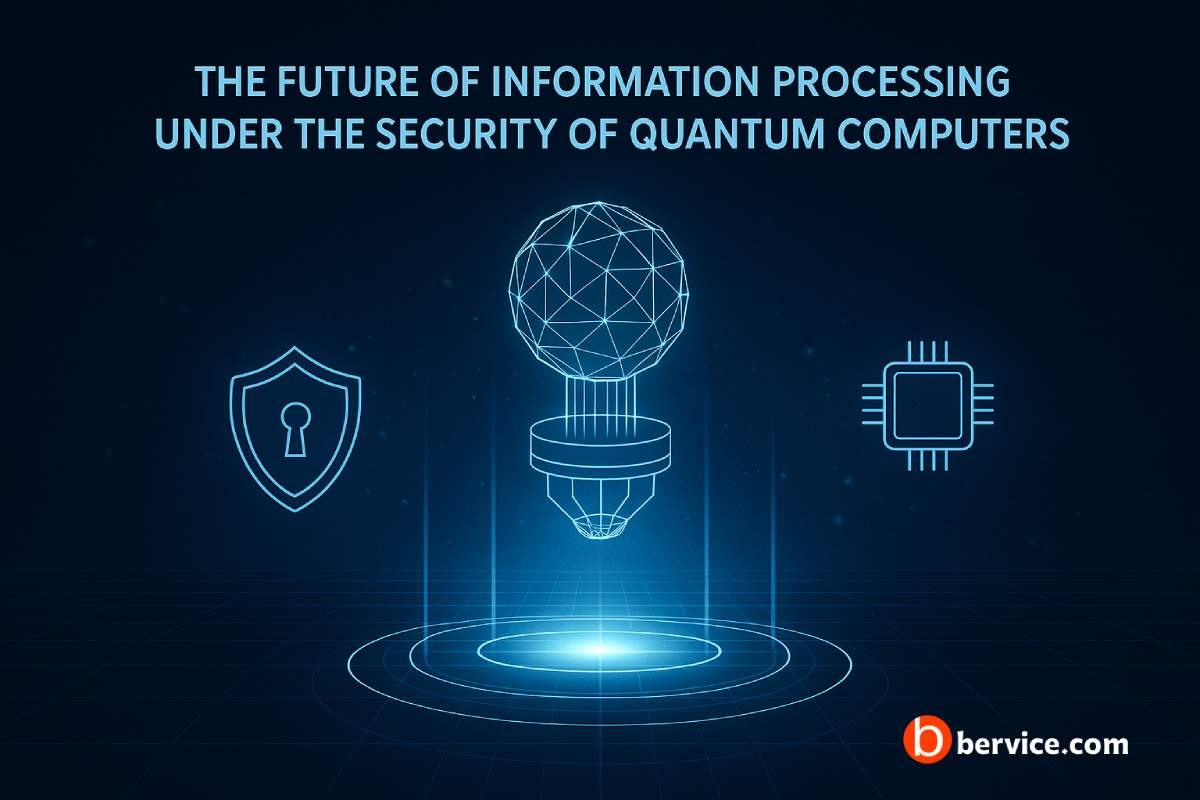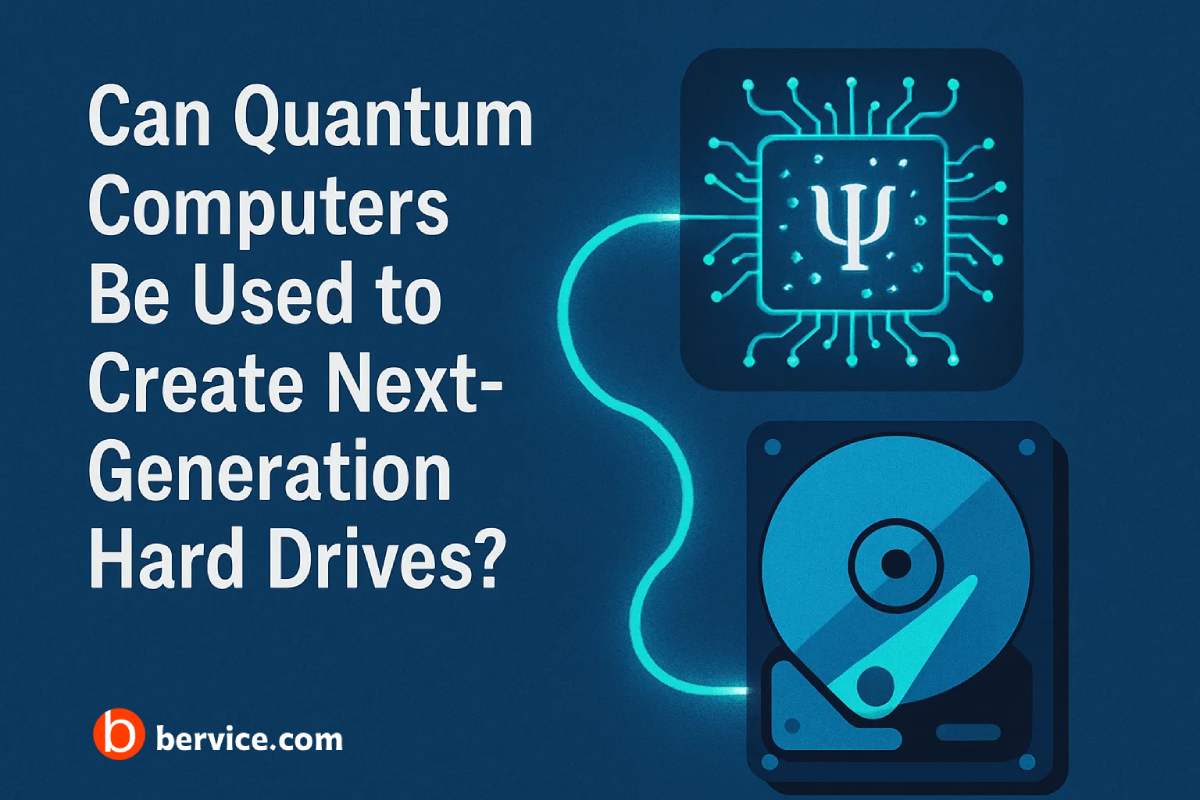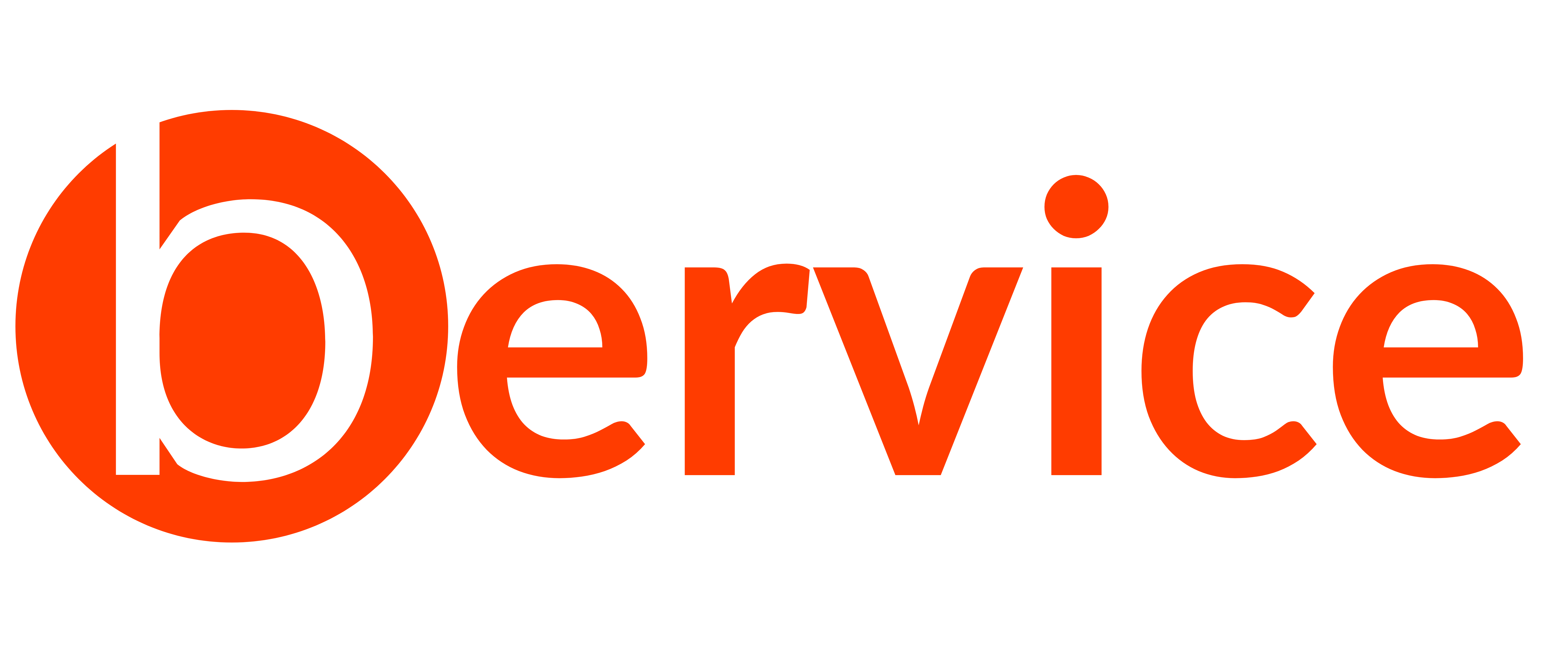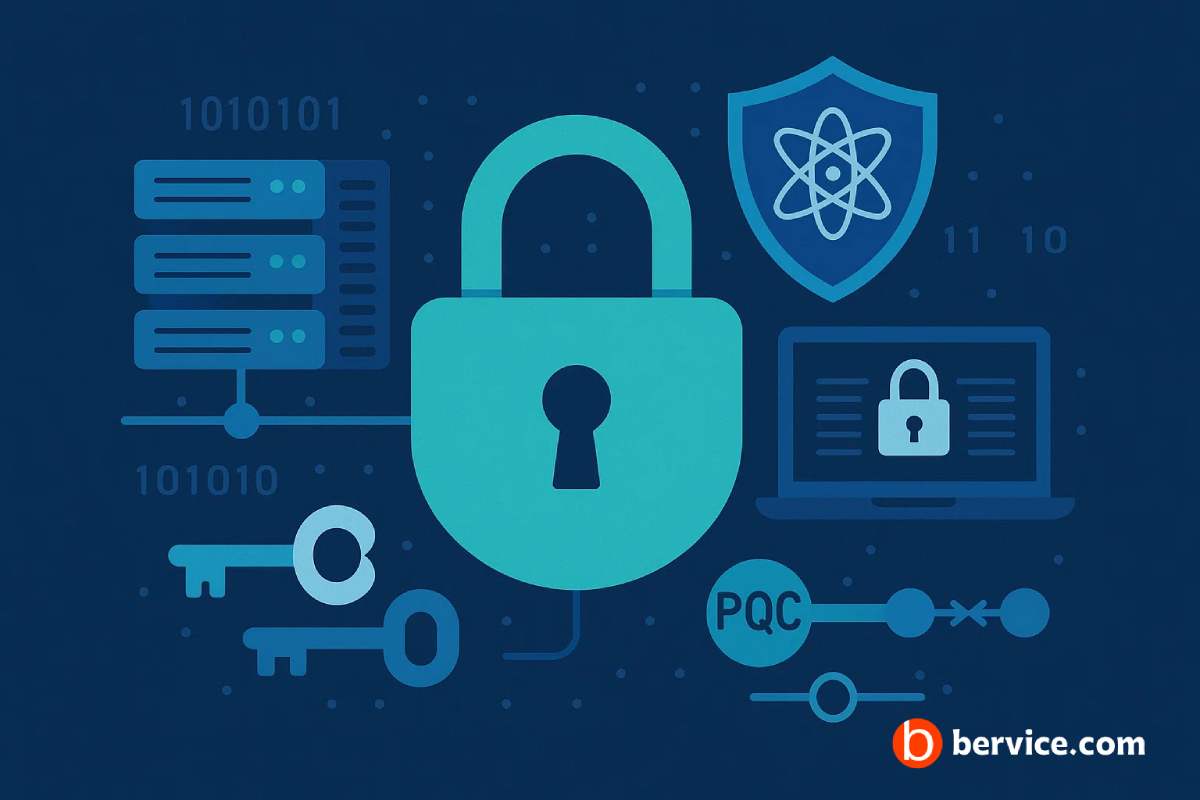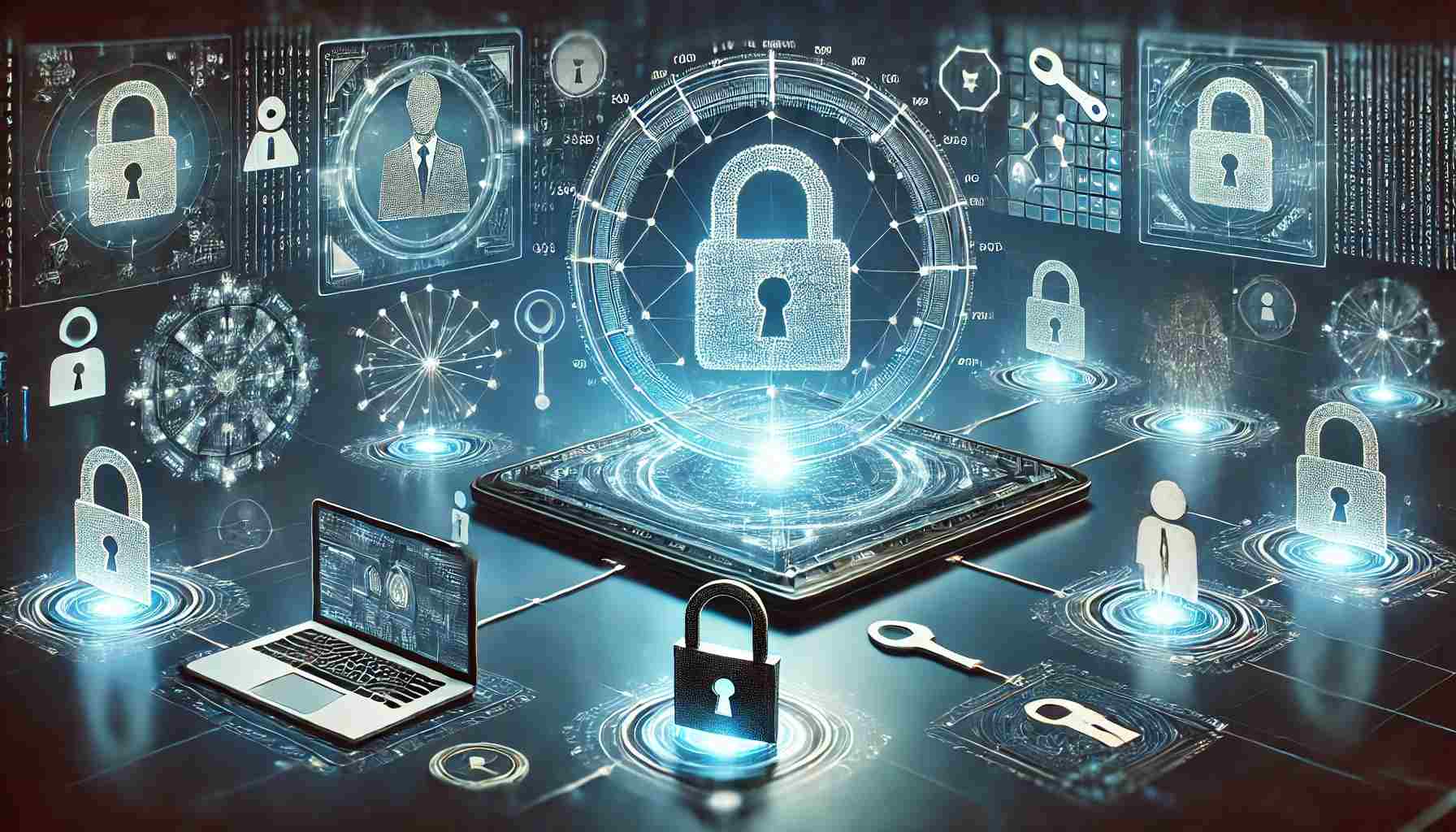
In the evolving digital landscape, privacy has become a paramount concern. With the increasing amount of personal data being generated and shared across platforms, safeguarding individual privacy is more crucial than ever. Traditional systems for managing identity and data rely heavily on centralized authorities, which often compromise user privacy and security. However, blockchain technology and decentralized identity systems are emerging as transformative solutions that could revolutionize digital privacy.
Blockchain: The Foundation of Digital Privacy
Blockchain technology, at its core, is a decentralized and distributed ledger that ensures transparency, immutability, and security. Unlike centralized systems where data is stored on a single server or controlled by a single entity, blockchain operates across a network of computers, making it virtually impossible for any central authority to manipulate or control the data.
Blockchain’s ability to create secure, tamper-proof records makes it an ideal candidate for enhancing digital privacy. Each transaction or data entry is encrypted and linked to previous entries, creating a chain of data that cannot be altered without altering all subsequent records. This immutability ensures that personal data is secure and private, providing individuals with greater control over their digital identities and transactions.
Decentralized Identity Systems: Empowering Individuals
Decentralized identity systems are a key aspect of the blockchain ecosystem that can dramatically enhance privacy. These systems enable individuals to have full control over their own digital identity without the need for a third party to manage it. In traditional identity systems, personal data is often stored and controlled by governments, corporations, or other centralized entities. This centralized control increases the risk of data breaches, unauthorized access, and identity theft.
In a decentralized identity system, the individual becomes the sole owner of their data. Using cryptographic keys, users can verify their identity without disclosing unnecessary personal information. For instance, rather than sharing your full birthdate, you could prove that you are over 18 without revealing your exact birthdate. This selective disclosure enhances privacy while ensuring trustworthiness.
Key Features of Blockchain and Decentralized Identity Systems
- Self-Sovereign Identity (SSI): One of the most notable features of decentralized identity systems is the concept of Self-Sovereign Identity (SSI). SSI allows individuals to control and manage their identity, eliminating the need for intermediaries. This means that users can share their data securely with third parties when necessary, without giving up ownership of their information.
- Data Minimization: With decentralized identity systems, data minimization is a key principle. Instead of relying on large databases of personal information, decentralized systems allow users to provide only the necessary data for specific transactions. This reduces the risk of over-sharing and ensures that users retain control over their personal information.
- Trust and Security: Blockchain’s decentralized nature ensures that data is not stored in a single location, making it much harder for malicious actors to attack or manipulate. Blockchain’s cryptographic techniques, such as public-key infrastructure (PKI), secure private keys and data, creating a robust security layer for users’ identities.
- Enhanced Privacy and Anonymity: With decentralized identity systems, individuals can choose to remain anonymous or use pseudonyms when interacting with digital services. This enhances privacy by preventing the aggregation of personal data from different sources. By minimizing the exposure of personal information, users can avoid being tracked across different platforms.
Implications for Digital Privacy
The integration of blockchain and decentralized identity systems into the digital world could have significant implications for privacy in the future.
- Reduced Dependence on Centralized Authorities: By eliminating the need for centralized identity providers, blockchain and decentralized identity systems give individuals the power to manage and protect their data. This shift toward self-sovereign identity (SSI) reduces the risks of data breaches and identity theft, as personal data is stored and controlled by the individual, not by a third party.
- Improved Data Privacy Compliance: Many regulations, such as the General Data Protection Regulation (GDPR), are designed to protect individuals’ data privacy. Blockchain’s inherent features, such as immutability and transparency, can help ensure compliance with these regulations by providing verifiable audit trails and enforcing consent-based data sharing.
- New Business Models: Decentralized identity systems also open up new opportunities for businesses. By allowing users to control their identity data, companies can focus on providing personalized services while respecting user privacy. This creates a new trust dynamic between consumers and service providers, where users are more likely to engage with businesses that prioritize their privacy.
Challenges and the Road Ahead
Despite the immense potential of blockchain and decentralized identity systems for enhancing digital privacy, there are several challenges to overcome:
- Adoption and Scalability: For blockchain-based identity systems to become widely adopted, they must be scalable and able to handle large volumes of users. Current blockchain networks can face challenges with transaction speed and cost, especially in high-volume environments. Innovations in scalability solutions, such as Layer 2 protocols, are essential for addressing these challenges.
- Interoperability: For decentralized identity systems to function effectively, they need to be interoperable across different platforms and applications. This requires standardized protocols and frameworks that allow users to manage and authenticate their identities seamlessly across various services.
- User Education: While blockchain and decentralized identity systems offer significant privacy benefits, they also require a certain level of technical literacy. Users must understand how to manage their private keys, protect their data, and make informed decisions about when and how to share their information.
Conclusion
Blockchain and decentralized identity systems are poised to play a critical role in shaping the future of digital privacy. By empowering individuals to take control of their personal data, these technologies offer a more secure, private, and transparent way to manage digital identities. While there are challenges to overcome, the potential benefits for privacy, security, and user control make this a space worth watching as it continues to evolve.
Connect with us : https://linktr.ee/bervice
